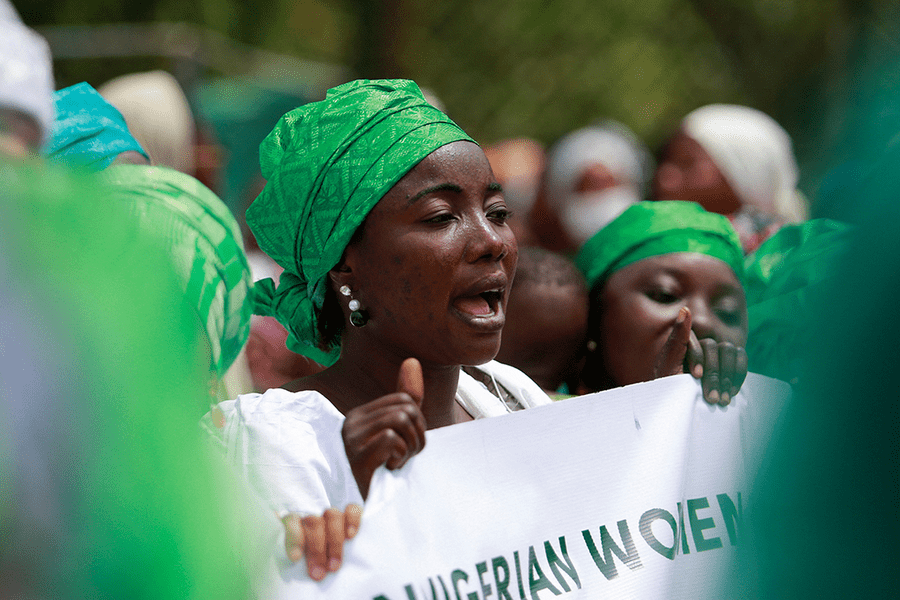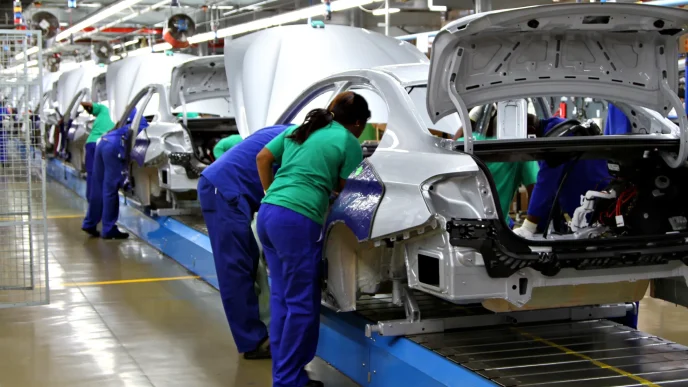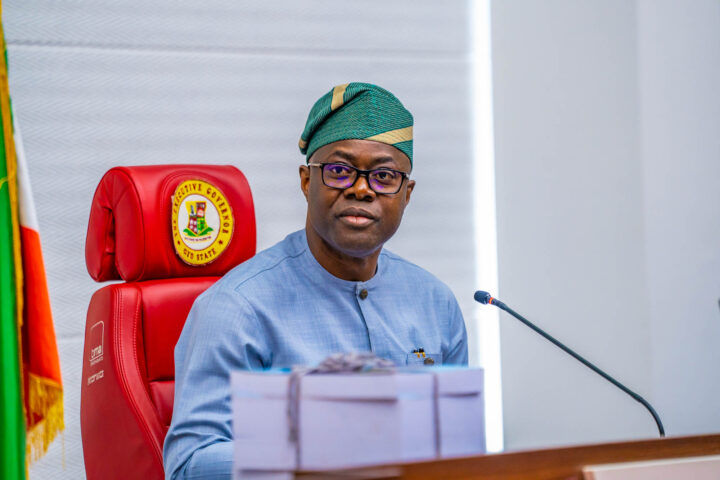BY DAVID ADETULA AND CHRISTIAN OKIKE
In May 2025, at the 78th World Health Assembly, UNAIDS warned that global funding cuts could lead to an additional six million new HIV infections and four million preventable AIDS-related deaths. Every day, 2,300 people are still contracting HIV. These numbers are not abstract; they are lives at risk, communities destabilised, and hard-won progress on the brink of reversal.
This reality compelled Healthialogue to convene a panel session in August 2025, themed “Securing the Future: Sustainable Financing for HIV/AIDS Prevention and Care in Africa.” Our event, which was held at the University of Nigeria Teaching Hospital (UNTH), Enugu state, brought together medical students, interns, residents, and early-career professionals alongside a distinguished panel of experts: Dr AbdulMuminu Isah, Clinical Pharmacist and HIV/AIDS researcher; Dr Nympha Onyinye Enebe and Dr Ugenyi Iloabachie, both Public Health Physicians with frontline experience in HIV care. Together, we examined what the current funding crisis means for Africa and, most importantly, how we can chart a path towards sustainable solutions.
The urgency is clear. In January 2025, the US government paused foreign aid, and by March, 83% of USAID programmes had been terminated. This included a 34% cut to PEPFAR, the world’s leading HIV/AIDS initiative, and significant reductions to the Global Fund. For decades, African HIV responses have leaned heavily on donor support. But with donors retreating, the question before us is stark: will Africa rise to the challenge of financing its own HIV response, or will millions of lives hang in the balance?
Advertisement
Our discussions produced bold recommendations that can no longer remain on paper. First, Africa must create sustainable domestic HIV funding mechanisms. One promising model is earmarked taxation, like Zimbabwe and Gabon’s AIDS levy, which channels a small percentage of everyday transactions, such as phone calls or flight tickets, into HIV programmes. Similarly, fully integrating HIV services into Nigeria’s National Health Insurance Authority (NHIA) would spread costs equitably and protect families from catastrophic out-of-pocket expenses.
The private sector also has a critical role to play. We can replicate the Dangote-led Private Sector Health Alliance, originally mobilised for COVID-19, to pool corporate resources into HIV relief. With strategic tax incentives, Nigerian pharmaceutical companies could be supported to manufacture first-line antiretroviral drugs locally, cutting costs and dependency on imports. This is more than economics; it is about sovereignty in health.
Second, the Healthialogue Panel Session and Discussion Forum emphasised the importance of community ownership and leadership. HIV programmes must be developed, managed, and monitored by Africans for Africans. This means empowering local communities to take charge of service delivery, ensuring interventions are culturally relevant and sustainable. It also means prioritising the training and hiring of Nigerian health professionals instead of relying on costly foreign experts. Savings from this shift can be reinvested into treatment, outreach, and research.
Advertisement
Third, we must not lose sight of the prevention agenda. Prevention is cheaper than treatment, yet often neglected when budgets shrink. Our recommendations included expanding the five HIV prevention pillars: consistent condom availability, pre-exposure prophylaxis (PrEP), post-exposure prophylaxis (PEP), voluntary male circumcision, and targeted interventions for pregnant women and adolescent girls. We also called for more effective, long-term support for sex workers and inmates, and for religious leaders to complement abstinence messages with practical, evidence-based guidance such as condom use.
Equally important is local evidence generation and innovation. Our panellists urged investment in molecular sequencing to track HIV strains and resistance patterns, and in the dissemination of Nigerian data to strengthen our case for home-grown solutions. Reaching the UNAIDS 95-95-95 targets (95% of people living with HIV knowing their status, 95% of those diagnosed on treatment, and 95% of those treated achieving viral suppression) requires both political will and scientific investment.
Finally, our discussions highlighted the need for coordinated leadership at the highest levels of government. Ministries of Health, Finance, and Budget must align their planning to prioritise HIV responses in national agendas. Grassroots advocacy, delivered in local languages and by trusted influencers, must take centre stage to ensure no community is left behind.
The recurring theme throughout the session was simple but powerful: goodwill and commitment matter. Sustainable HIV financing will not materialise by accident. It will take courageous policy choices, innovative partnerships, and a collective resolve to secure the future of millions.
Advertisement
As the convener of the Healthialogue Panel Session and Discussion Forum, I left encouraged that solutions exist within our reach. The experts who joined us, alongside the young medical and health professionals in the room, demonstrated that Africa’s HIV response is not short on ideas or talent; it is short on political will and sustainable financing.
If we heed the warning signs and act decisively now, we can shift the narrative from cuts and crisis to commitment and control. But if we fail, history will remember this moment as the point where progress stalled and lives were lost needlessly. The time to act is not tomorrow, not next year, but today. Africa’s future in the fight against HIV depends on it.
Dr. David Adetula is the founder of Healthialogue and convener of the Healthialogue Panel Session and Discussion Forum. His work focuses on health policy, with a commitment to advancing equitable and accessible healthcare by bridging the gaps between public health realities and policies in Africa.
Christian Okike is a penultimate medical student at the University of Nigeria, Enugu Campus, and president of the Medical Research and Humanitarian Society (MEDRHUS), where he leads initiatives in community health and research. He also writes the Deliberate series, turning everyday experiences into meaningful reflections, alongside a broader interest in health policy and public health.
Advertisement
Views expressed by contributors are strictly personal and not of TheCable.










